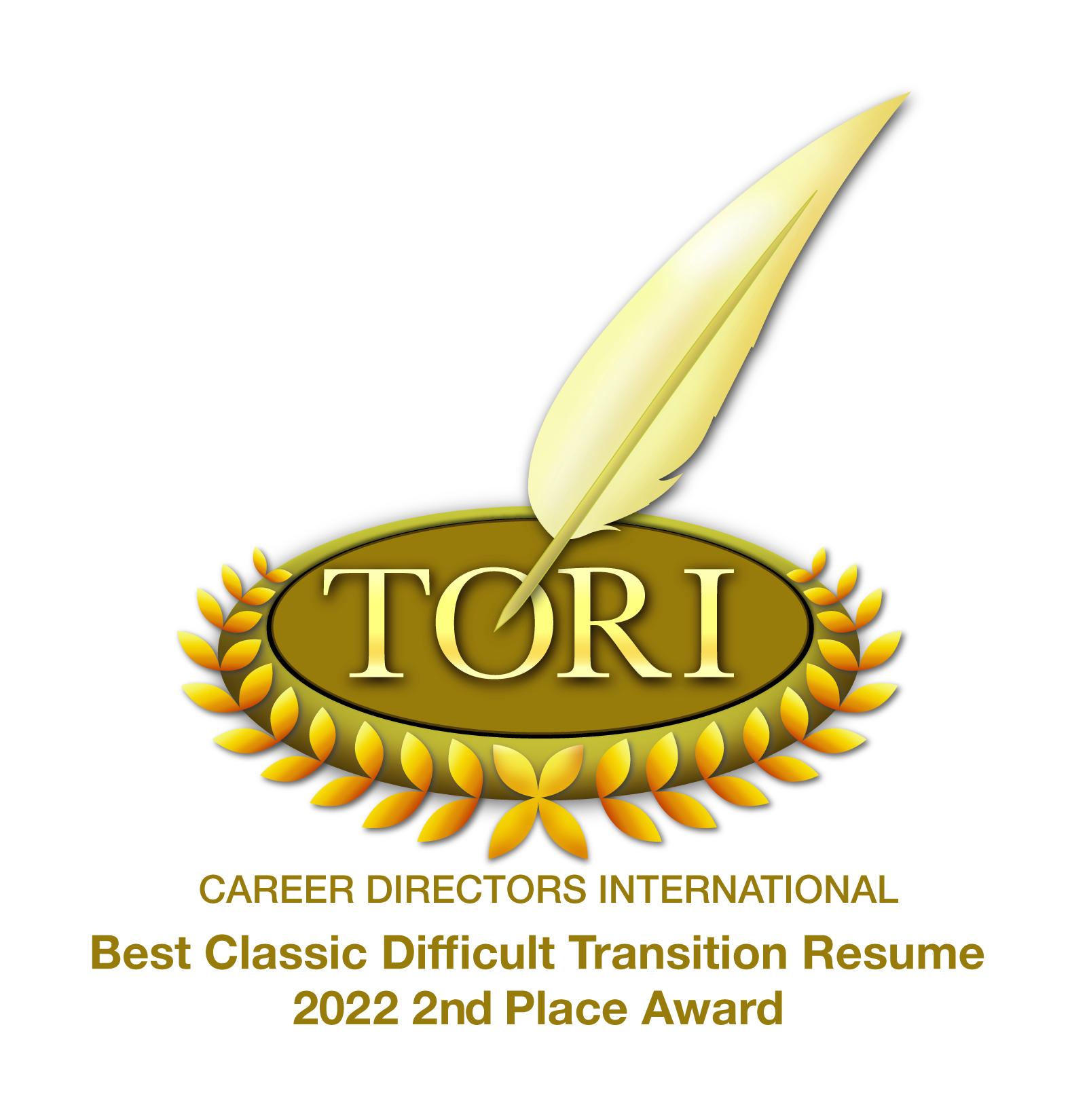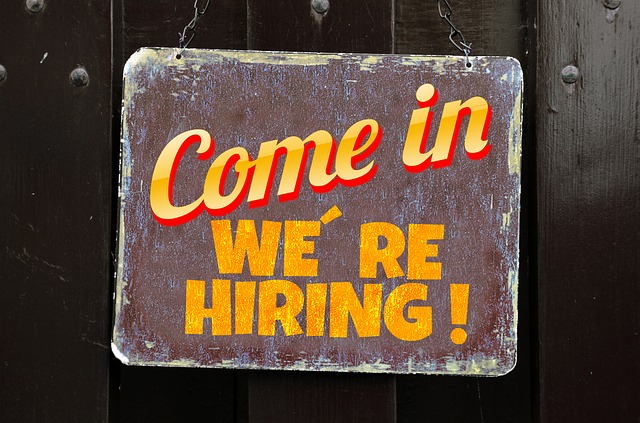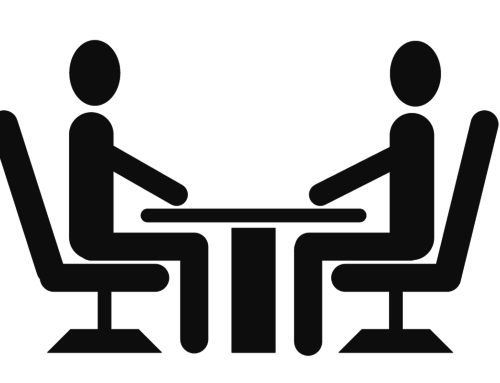Every HR professional that I’ve met seems to be going 100 miles an hour with their hair on fire. One minute they’re working on a compensation package for a potential new hire and the next they’re trying to negotiate with the insurance company on the best small business rate for their employees. Needless to say, there’s never a dull moment.
As more and more stuff gets piled on, the juggling gets harder. That tower of hats that the HR pro is wearing looks like it might topple over at any moment!
We admire those companies who are able to go it alone.
That said, we’d like to highlight a few of the reasons to outsource some of your HR needs, especially recruiting. (If you are an applicant and would like to learn about what recruiters look for – click here.)
Specialization
Think about it. The HR professional has everything and its mother on their plate. They’re working with taxes, working with compensation, working with employees. They get a list of specs for the new position that they know nothing about from the employee manual (if there is one), which they have to research so they can hire someone competent. And on top of that, they have to try to find the time to do the recruiting itself.
Recruiters are focused on finding the right people for your positions. That’s it. We know where to look (and more importantly, where not to look), who to talk with, and more. Good recruiters know that to get a good pool of potential hires, it’s not about simply putting an ad on Craigslist, Indeed, or Monster.
If we’re filling technical positions, for example, we also know the right language to speak with the applicants. We know how to test those applicants for suitability and rapidly weed out those who aren’t qualified. It’s much harder to fool a competent recruiter, which means you get better hires. This is especially important for hard-to-fill roles like CEOs, VPs, and technical roles.
Fulfilling Sudden Hiring Surges
When a big project comes along and you need 75 more people ASAP, your current HR team may not be able to hire enough people fast enough to meet deadlines. This is another place where recruiters shine. Not only can we lighten the load, we keep lists of prior applicants we’ve worked with. Instead of waiting for people to apply, we comb through our database and start filling positions with pre-qualified applicants.
This points to another benefit: recruiters dramatically reduce time-to-hire. Companies don’t have to fuss around with screening applicants or conducting multiple interviews. We’ll handle all that for you. Often the company will only need to have one interview with the candidate offered by the recruiter to confirm the fit before hire. This saves a ton of time.
Do You Need Full-time HR Yet?
Many small businesses hire a full-time HR employee too soon. Most recruiters take a fee of 25% of the 1st year salary for finding the applicant. If that fee over the number of hires you have per year is less than the costs of keeping a full-time HR employee on your payroll, it makes good business sense to hire a recruiter.
Hiring full-time HR really becomes important only when you anticipate employee law issues or your payroll becomes too complicated to have your current accountant handle it on their own. Even if you grow to that size, your dedicated HR professional can still work with your recruiter to build out the HR role at your company to cover all the issues that come with transitioning to a medium-sized business.
Quite often, the person who handles your accounts-payable tasks ends up getting pulled into an HR position because they have to wear so many hats.
Before that stack of hats pulls them down, have a recruiter in your back pocket to help lighten their load. Your business will be healthier for it.








